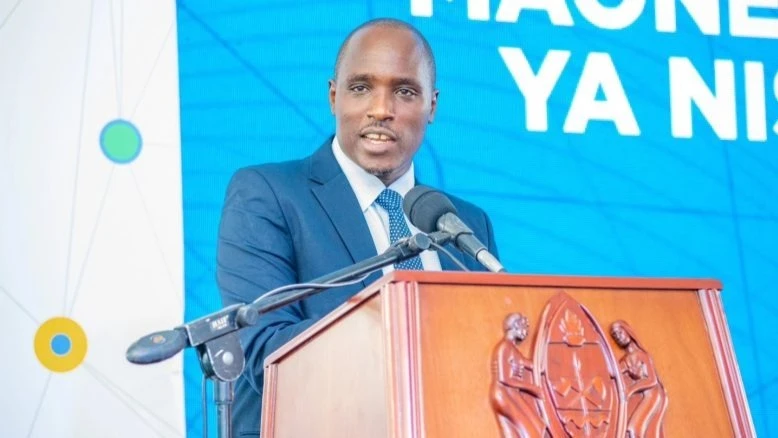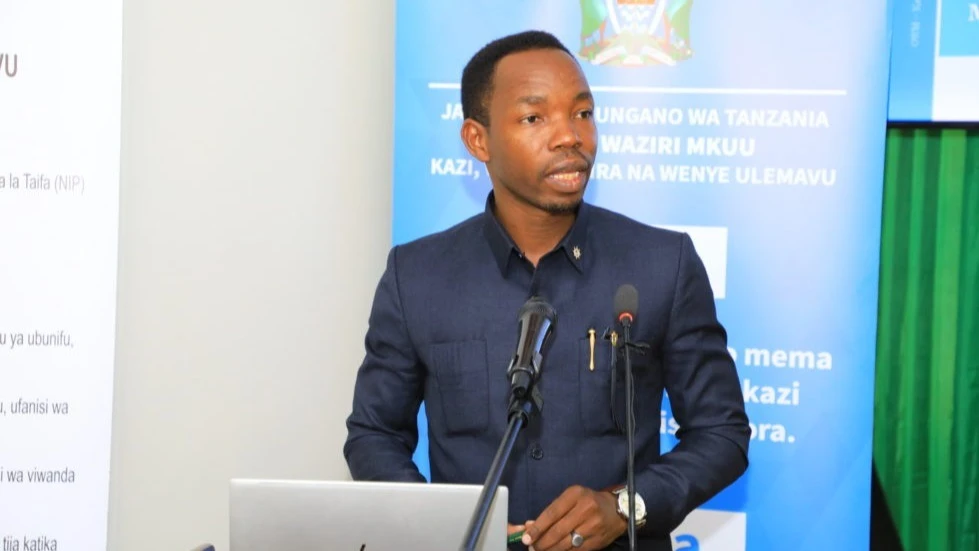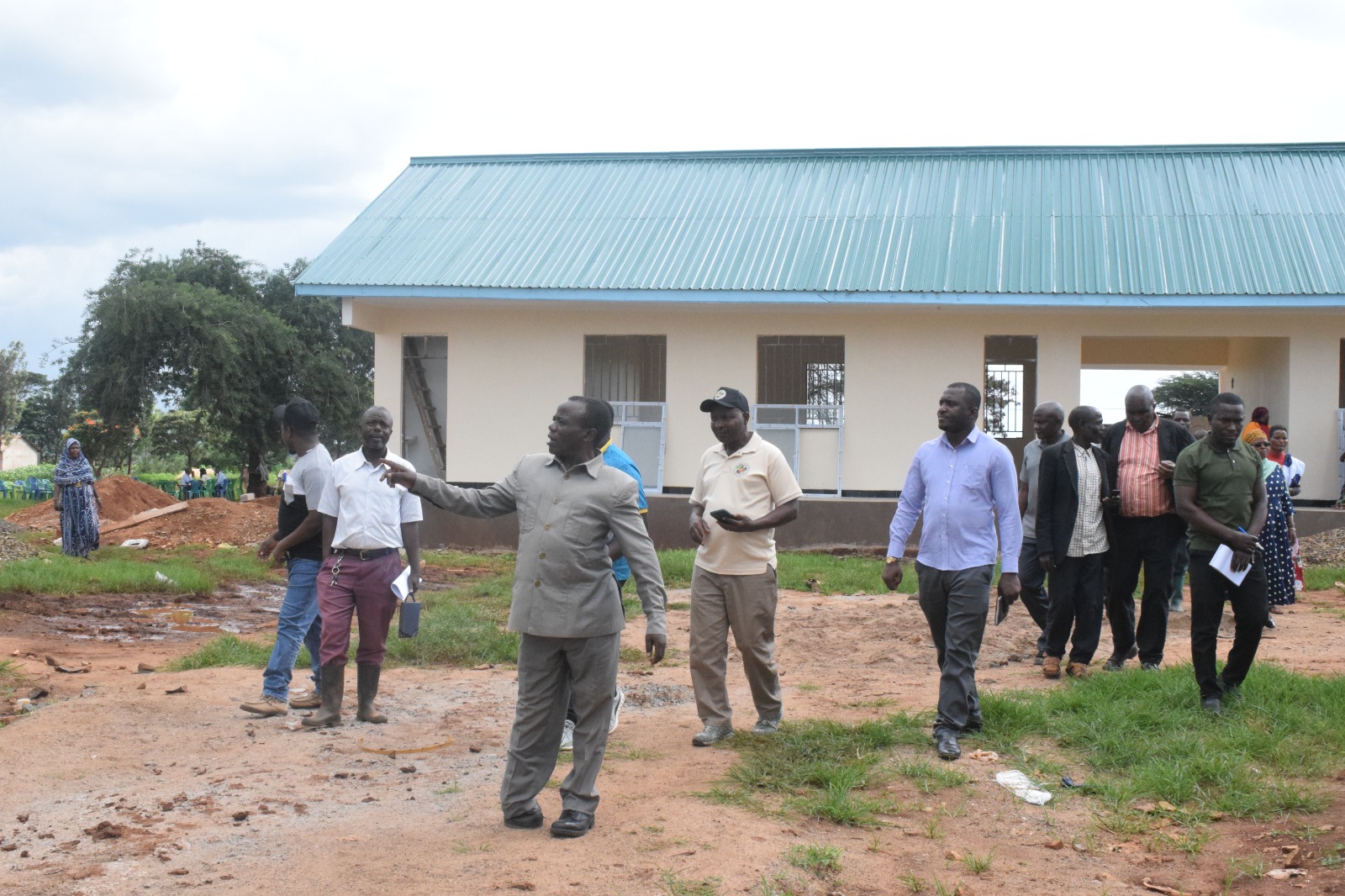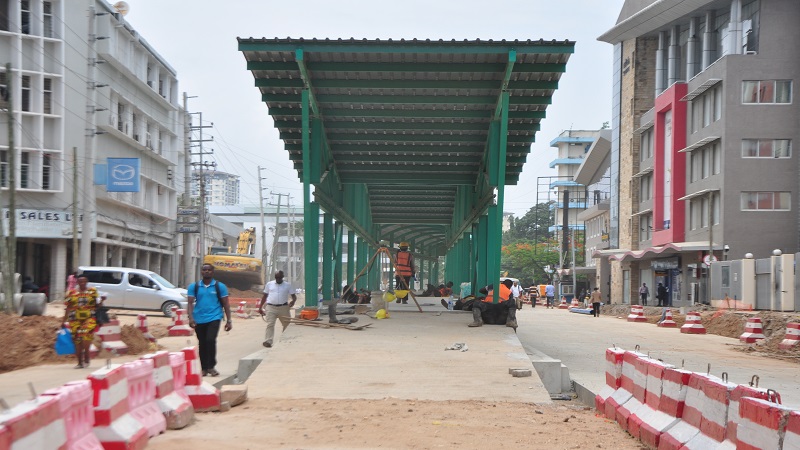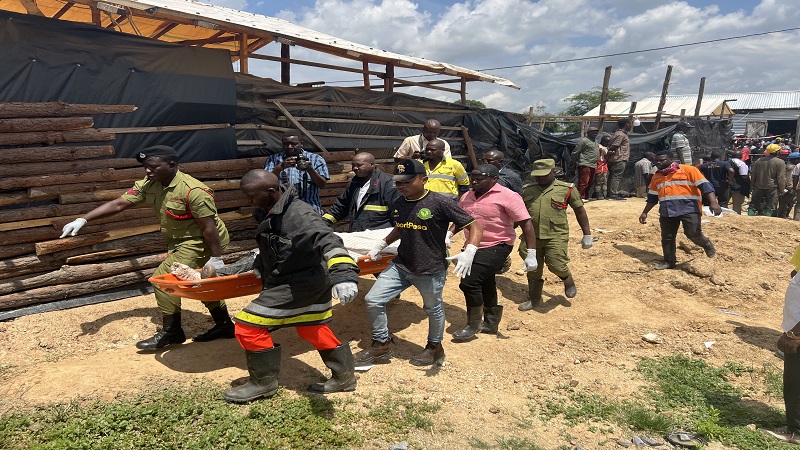Year of crisis: Lessons from 2024's natural and man-made disasters
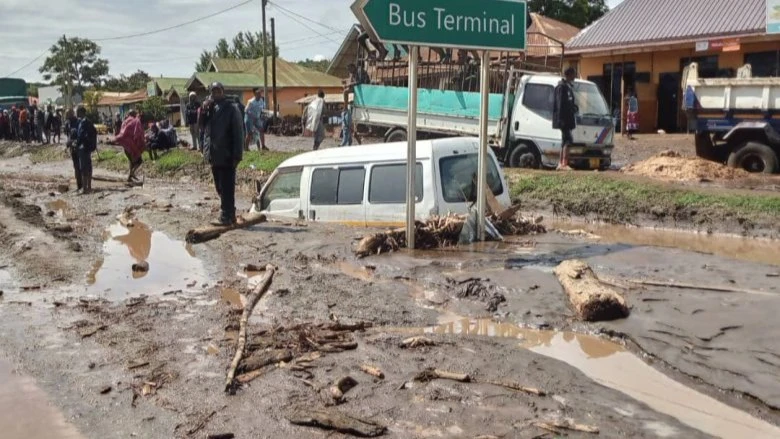
THE year 2024 has been one of the most difficult in Tanzania’s recent history, marked by a series of devastating events that have left communities grappling with loss and destruction. From catastrophic floods and landslides to man-made disasters such as building collapses and fires, the country has faced an extraordinary range of challenges.
These incidents have exposed the vulnerabilities of both Tanzania’s infrastructure and its growing urban centers, underscoring the urgent need for improvements in disaster preparedness, infrastructure development, and urban planning. This article examines the key tragedies of 2024, their impacts on the nation, and the crucial lessons that must be learned to build a more resilient future.
One of the most catastrophic events of 2024 was the flooding caused by the El Niño weather phenomenon, which brought an unprecedented amount of rainfall to Tanzania, especially between March and May.
The heavy rains caused widespread flooding in both urban and rural areas, with regions such as Dar es Salaam, Morogoro, Mwanza, and the Southern Highlands being hit the hardest. Entire communities were submerged, agricultural land was destroyed, and transportation routes were disrupted. Over 50 people lost their lives, and thousands were displaced, with the financial cost of the floods estimated at over 150bn/-.
The floods affected both rural areas and cities, with Dar es Salaam, the largest urban center, experiencing the most severe impact. The floods paralyzed daily life, disrupted transportation systems, and caused significant damage to infrastructure such as roads, bridges, and schools. Thousands of homes were flooded, leaving families without shelter, while vital farmlands were destroyed, pushing many households into financial distress.
The floods revealed just how vulnerable Tanzania’s infrastructure is to extreme weather events and highlighted the need for better urban planning and flood-resistant infrastructure. With climate change intensifying these extreme weather patterns, the country must invest in sustainable water management and climate-resilient infrastructure to better prepare for future events.
Along with the flooding, 2024 also saw devastating landslides in the mountainous regions of Hanang and Mbeya, leading to tragic loss of life and displacement. In Hanang, the combination of heavy rainfall and steep terrain triggered massive landslides, claiming at least 15 lives and displacing hundreds of people.
These landslides also caused widespread destruction, blocking roads and isolating remote villages. Agricultural activities, which are the backbone of the local economy, were severely impacted as farmlands were destroyed.
The landslide in Mbeya in October was even more catastrophic, claiming 25 lives and leaving thousands homeless. The disaster affected both urban and rural areas, with heavy rains causing the ground to give way in vulnerable locations. Thousands of people were displaced, and access to basic services like healthcare and education was severely disrupted.
The financial cost of the landslides in Mbeya alone was estimated at around TZS 100 million. These tragic events have emphasized the urgent need for better land-use planning, early warning systems, and infrastructure development in high-risk areas. Rural communities, in
In November, a commercial building in Kariakoo, Dar es Salaam, collapsed, killing at least 20 people and injuring dozens more. The building, which housed various businesses, had long been considered structurally unsound. Investigations revealed that it had been built without adhering to safety standards, and its deteriorating condition had been ignored for years.
The collapse not only led to the loss of lives but also caused significant economic damage, especially for small-scale traders who relied on the market for their livelihoods. Kariakoo is one of the busiest commercial districts in the country, and the tragedy underscored the risks posed by rapid urbanization and inadequate enforcement of building regulations. Many traders lost their businesses, deepening the economic hardships already faced by the community.
The incident highlighted the need for a comprehensive overhaul of urban safety regulations in Tanzania, particularly in rapidly growing cities. Enhanced building regulations and better fire safety measures must be prioritized to prevent such tragedies from happening again.
The building collapse in Kariakoo wasn’t the only disaster to strike Dar es Salaam in 2024. The city also faced a series of devastating fires in several markets, including Kariakoo, Buguruni, and Ilala. A major fire in August destroyed millions of shillings worth of goods, with faulty electrical wiring identified as the cause.
Similar fires occurred in other markets throughout the year, often due to overcrowding, poor infrastructure, and the lack of adequate fire safety measures. Many of these markets lack fire exits, proper electrical installations, and firefighting equipment, making them highly vulnerable to fire hazards. The repeated occurrence of these fires highlights the urgent need for reforms in urban fire safety regulations.
In April, a fire at the Mwanza Central Market destroyed goods worth millions. The cause, again, was faulty electrical wiring—an issue that has plagued many markets across Tanzania. The total financial loss from these fires in 2024 was estimated in the tens of millions of Tanzanian shillings, further exacerbating the financial difficulties faced by traders and business owners. Tanzania must prioritize fire safety measures in urban markets and overhaul its infrastructure to prevent such disasters in the future.
In addition to natural disasters and man-made tragedies, road traffic accidents continued to be a major concern in Tanzania in 2024. With an increasing number of vehicles on poorly maintained roads, traffic accidents have become a significant public safety issue. Between January and October, more than 1,200 accidents were recorded, resulting in over 900 deaths and thousands of injuries.
In Dar es Salaam, traffic congestion and overcrowded roads are persistent problems. Many rural roads are also poorly constructed, lacking proper signage and maintenance. The high number of fatalities from traffic accidents demonstrates the urgent need for better road infrastructure, stricter enforcement of traffic laws, and comprehensive driver education programs. Without improvements in these areas, Tanzania will continue to face a high number of preventable traffic deaths.
The year 2024 also saw a resurgence of cholera outbreaks in several regions of Tanzania, particularly in areas like Dodoma, Singida, and Tabora, where floods exacerbated existing sanitation issues. The inadequate sanitation infrastructure created ideal conditions for the spread of waterborne diseases, and more than 250 people died from cholera in the first half of the year.
The outbreaks underscored the urgent need for better public health infrastructure, especially in rural areas. Floods and other natural disasters often damage water supply systems and sanitation facilities, which increases the risk of disease outbreaks. To prevent future public health emergencies, Tanzania must improve access to clean water, sanitation, and healthcare services.
The tragic events of 2024 have exposed numerous vulnerabilities in Tanzania’s disaster preparedness, infrastructure, and urban planning. While the country has faced immense challenges, these crises also provide an opportunity for meaningful change.
Moving forward, Tanzania must invest in building resilience against natural disasters, improving infrastructure, and ensuring the safety of its rapidly growing urban population. Key measures include enhancing early warning systems, strengthening building regulations, improving fire safety in markets, and boosting public health infrastructure. These steps are essential to reducing the impact of future disasters.
By working together—government, businesses, and citizens—Tanzania can build a safer, more resilient future, one that is better equipped to withstand both climate change and the challenges of rapid urbanization.
Top Headlines
© 2025 IPPMEDIA.COM. ALL RIGHTS RESERVED












